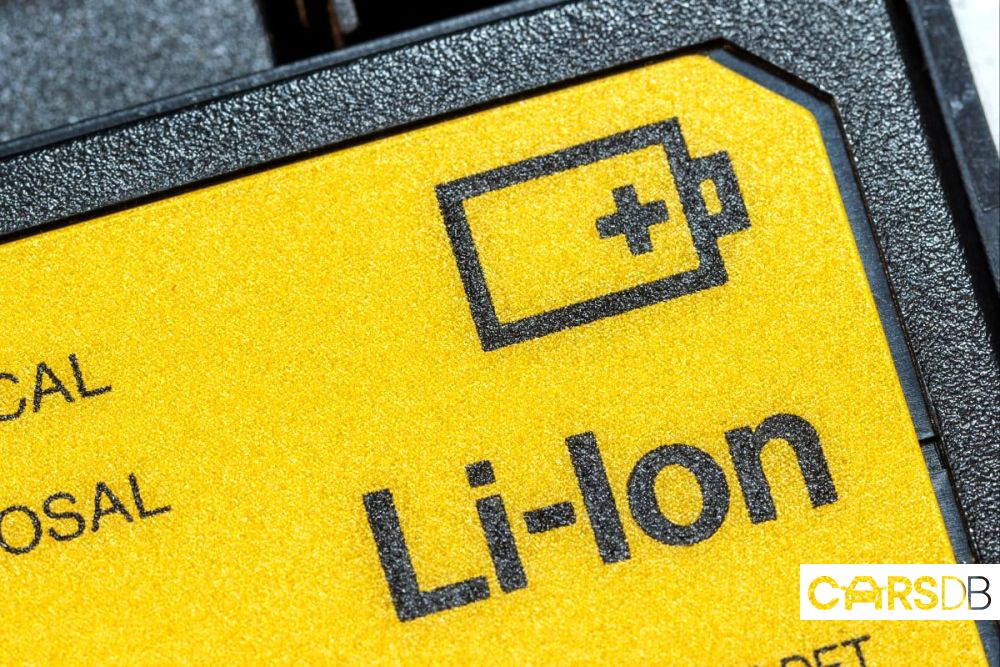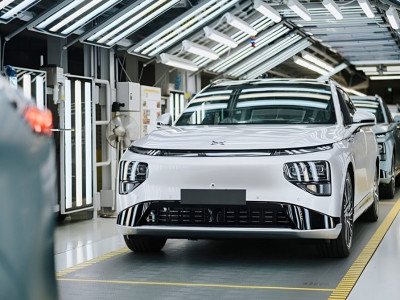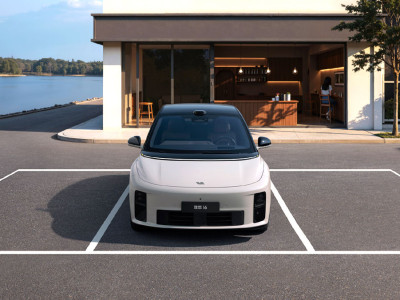- Home
- Car News
- Chinese scientists develop ‘injection’ to make smartphone and EV batteries last longer
Chinese scientists develop ‘injection’ to make smartphone and EV batteries last longer
- 356 views

Chinese scientists have developed a revolutionary repair technology that could make lithium-ion batteries last over six times longer.
Announcing their discovery in the journal Nature on Wednesday, the researchers said this low-cost, eco-friendly technology could soon be ready to enter the market.
The batteries are key for many modern technologies, from smartphones to electric vehicles.
However, as these batteries age, they often become less efficient – a process that cold weather accelerates.
The researchers said they could counter this problem with the “injection” of a special solution to rejuvenate “sick” batteries.
At present, lithium-ion batteries rely on sophisticated materials used to generate lithium ions – whose movement through electrolyte is key to their performance – and then protect them to ensure a decent lifespan.
Typically these lithium ions move from the positive terminal to the negative when the battery is charging, a process which is then reversed when it is generating power.
The battery is considered to have expired when the supply of lithium ions runs low – for example some electric car batteries have a lifespan of around 1,500 charge cycles – but other components in the battery still remain in good working order after this happens.
This insight prompted the two lead researchers, Gao Yue and Peng Huisheng from Fudan University’s macromolecular science department, to see if they could revive a battery by replenishing the supply of active lithium ions.
To do so they had to break away from traditional battery design principles and create a lithium carrier molecule, which could be injected into the battery to manage and control the lithium ions.
But the carrier molecule would need to meet a complex set of requirements, including the ability to dissolve well in the electrolyte and participate in reactions without damaging the battery’s original environment, as well as having a high degree of compatibility with various active materials and electrolytes.
There was no record of such a molecule and it took the research team four years to identify the ideal candidate: a substance known as trifluoromethylsulfonate lithium.
It also proved to be both cost-effective and easy to synthesise as well as being compatible with different battery types.
“A commercially used lithium iron phosphate battery, after undergoing the treatment, retained its initial health after 12,000 charge cycles, compared with the usual lifespan of 2,000 cycles,” Gao told state broadcaster CCTV on Thursday.
Ref: Chinese scientists develop ‘injection’ to make smartphone and EV batteries last longer (scmp)









